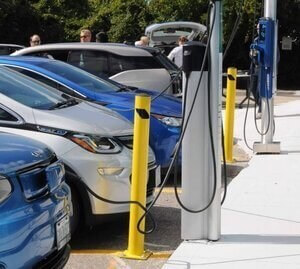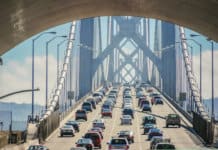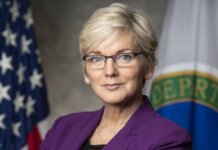The Washington legislature has voted to set a target for ending sales of gasoline-powered cars by 2030 – the most aggressive goal in the U.S. and five years ahead of California’s 2035 target.
The measure, passed as part of the $16.9 billion Move Ahead Washington transportation package, heads to Gov. Jay Inslee’s desk for signature.
Clean Cars 2030 will help Washington residents power its vehicles with locally produced electricity that is cleaner and cheaper than gasoline. It will spur a comprehensive planning process for Washington to get ready for 100% vehicle electrification as well as clarify for local governments, automakers, charging companies, utilities, investors, landlords and workplaces the direction of the state’s electric vehicle (EV) market. In addition, it incentivizes private-sector investment in new EVs and charging stations.
A coalition led by Coltura, a nonprofit focused on phasing out the use of gasoline, spearheaded the campaign that led to the passage of the measure.
“With the passage of Clean Cars 2030, the era of gasoline-powered cars now has an end date in Washington,” states Matthew Metz, founder and co-executive director of Coltura. “Clean Cars 2030 sets Washington on a nation-leading path toward a fully-electric automotive future. We applaud Senator Marko Liias and Representative Jake Fey for their leadership on Move Ahead Washington as well as the many other legislators who made history with their votes.”
Research commissioned by Coltura and conducted by Yale University, George Mason University and Climate Nexus found 55% of voters nationally support a full phaseout of gasoline cars starting in 2030. Bolstered by its success in Washington, Coltura is leading coalitions working to pass similar Clean Cars 2030 measures in other states. Earlier this week a Clean Cars 2030 bill was introduced in the Rhode Island legislature.
“Passing Clean Cars 2030 will create a clear path forward for the future of the electric vehicle transition in our state,” comments Sen. Liias. “This part of our Move Ahead Washington plan will create a timeline with the data, tools, and guidelines that every sector from governments to businesses can plan for with confidence. This is a monumental step towards reducing our carbon emissions in Washington, and I’m proud that our state is once again a leader in addressing the climate crisis.”
“This vote builds on our incredible track record here in Washington leading on big climate issues,” adds Representative Nicole Macri, who first introduced the measure in 2020. “Clean Cars 2030 puts Washington on the road to powering its vehicles with cheap, clean, renewable electricity produced in-state and reduces the threat that oil and gasoline pose to our air, water, health, and economy.”







